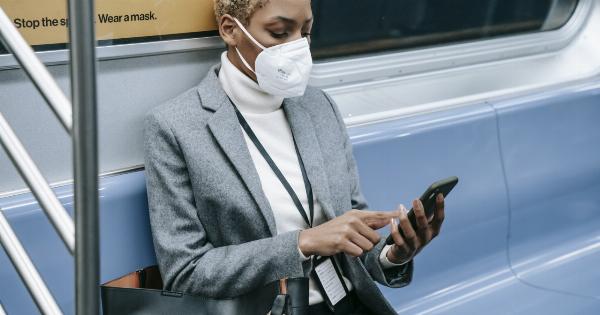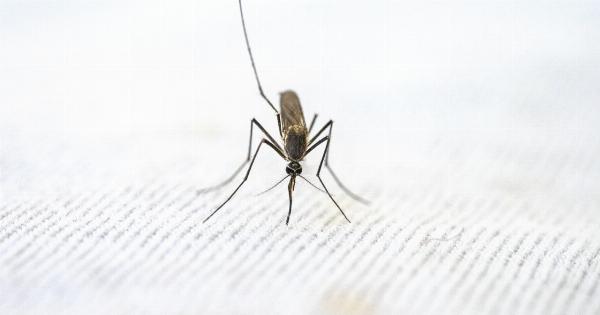The rapid development and spread of the COVID-19 pandemic in late 2019 and early 2020 sent shockwaves across the globe. As the origin of the virus, China came under intense scrutiny for its handling and response to the outbreak.
Since then, China has taken significant steps to control the situation within its borders and curb the spread of the virus internationally. This article delves into the question – should the world be worried about China’s pandemic developments?.
China’s Response to the Pandemic
China’s response to the pandemic has been a mixed bag. Initially, there were concerns about the transparency and accuracy of information shared by Chinese authorities.
The delayed acknowledgement and reporting of the outbreak drew criticism from the international community. However, once the severity of the situation became apparent, China implemented strict measures to contain the spread of the virus, including massive lockdowns and rapid testing capacity.
The aggressive containment measures adopted by China, such as the construction of makeshift hospitals, extensive contact tracing, and mass testing, have been praised as effective in curbing the spread of the virus within its borders.
The strict enforcement of quarantine measures and travel restrictions also played a significant role in limiting the virus’s international transmission.
Implications for Global Health
China’s pandemic developments have significant implications for global health. The interconnectedness of the modern world means that a disease outbreak in one corner of the globe can quickly become a global crisis.
As the world’s most populous country and a major economic power, China’s ability to control and manage the pandemic is crucial for global health security.
China’s extensive use of surveillance, including data tracking and monitoring, has raised concerns about privacy and human rights.
While these measures may be effective in containing the spread of the virus, they also raise ethical questions about the extent of government control and its potential long-term effects on individual freedoms.
Global Cooperation and China
Addressing a global pandemic requires global cooperation, and China’s role in this cooperation is pivotal. The sharing of scientific research, data, and resources is essential for combating the virus effectively.
While China initially faced criticism for its handling of the outbreak, it has made efforts to collaborate with international organizations and share its experiences and resources with other countries.
China’s vaccine development and distribution efforts have also been closely watched by the international community. As one of the leading vaccine producers, China holds a crucial role in ensuring equitable access to vaccines worldwide.
However, concerns have been raised regarding the transparency and efficacy of Chinese-made vaccines, which may impact global vaccination efforts.
Geopolitical Ramifications
China’s pandemic developments have geopolitical implications. The global race for vaccines and medical supplies highlighted the economic and political influence China holds on the world stage.
The country’s ability to produce and distribute essential medical resources influenced diplomatic relationships and alliances.
China’s vaccine diplomacy, characterized by the provision of vaccines to countries in need, has been viewed as both an act of goodwill and a means to strengthen its soft power.
Critics argue that this approach can lead to political leverage and influence over recipient countries.
Economic Consequences
The pandemic has caused significant disruption to the global economy, and China’s pandemic developments play a crucial role in its recovery.
As the world’s second-largest economy, China’s growth and stability are vital for global economic prospects.
The initial outbreak led to disruptions in global supply chains, as many countries rely heavily on Chinese manufacturing. The closure of factories and restrictions imposed to contain the virus had far-reaching economic consequences.
China’s reopening and its ability to prevent subsequent outbreaks are essential for global economic recovery.
Critical Analysis of China’s Approach
While China’s pandemic developments have been praised in some areas, criticisms also abound. The lack of transparency at the start of the outbreak raised questions about the reliability of information coming out of China.
The Chinese government’s strict control over media and censorship practices create an environment that restricts free flow of information, making it difficult to assess the accuracy of reported numbers and developments.
The suppression of whistleblowers and punitive actions against those who spoke out about the outbreak also raised concerns about China’s commitment to transparency and openness.
These actions have led to increased skepticism and distrust among the global community.
Future Preparedness and Lessons Learned
China’s pandemic developments serve as an important lesson for the world in terms of preparedness and response to future outbreaks.
The unprecedented scale and impact of COVID-19 underscore the need for robust healthcare systems, early detection and reporting mechanisms, and international collaboration.
The Chinese government has initiated efforts to enhance its public health infrastructure and response mechanisms since the outbreak.
The establishment of a new disease control and prevention system, investment in research and development, and improvement of infectious disease surveillance provide valuable lessons for other nations.
Conclusion
The question of whether the world should be worried about China’s pandemic developments is complex and multifaceted.
While China’s initial handling of the outbreak raised concerns, the subsequent control measures demonstrated the country’s ability to mobilize and contain the virus.
China’s pandemic developments have had significant implications for global health, cooperation, geopolitics, and the economy.
The world should closely monitor China’s ongoing efforts in vaccine distribution and international collaboration to ensure transparency and efficacy.
Ultimately, a comprehensive global response and cooperation are crucial, wherein lessons learned from China’s experience can contribute to better preparedness and response in the face of future pandemics.































